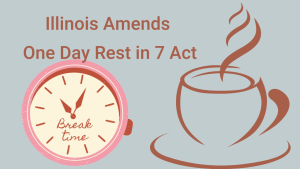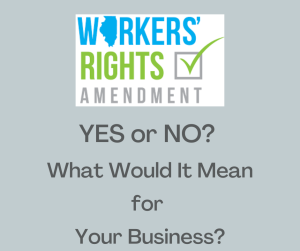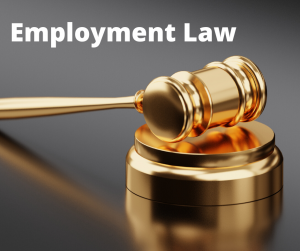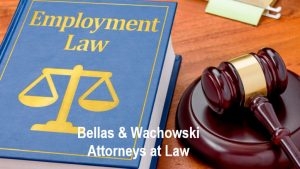The new year will bring with it activation dates for new or amended state legislation that passed earlier this year, some of which will have an impact on small business owners and their employees.
One significant change that employers should know about centers on the One Day Rest in Seven Act, or ODRISA. Heretofore, that law has mandated a minimum of 24 hours of rest per calendar week, but as of January 1, this will change to 24 hours of rest per seven-consecutive-day period. So if an employee works for six consecutive days, the law now covers with them on day seven, even if those six days don’t align with a Sunday through Saturday work week.
 Chicago Business Attorney Blog
Chicago Business Attorney Blog











